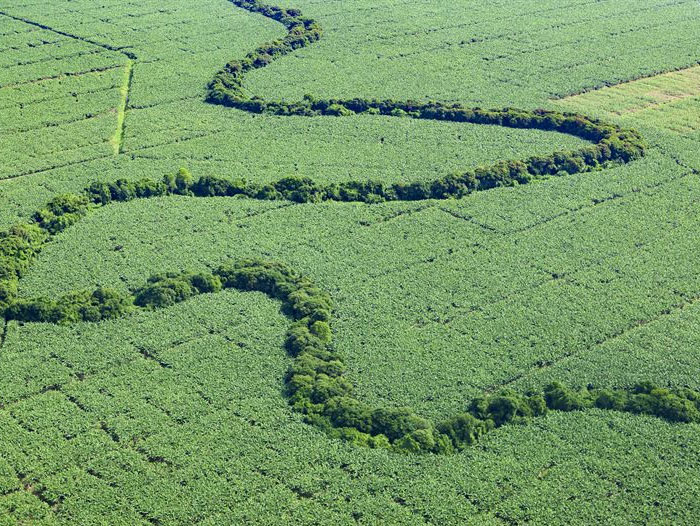Chiquita Celebrates International Day of the Tropics with Continued Biodiversity and Sustainability Initiatives
July 1, 2021 | 5 min to read

Fort Lauderdale, FL – In honor of International Day of the Tropics, Chiquita is continuing its mission to preserve the Tropics and empower the communities that reside there. Because of its climate, the Tropics have been the ideal location for Chiquita to grow its sustainable bananas for more than a century. Recognizing the global importance of the region, Chiquita is committed to celebrating and preserving this land and its inhabitants through the company’s all-encompassing “Behind the Blue Sticker” strategic approach.
“Chiquita is honored to be a part of the vibrant community in the Tropics, and we are proud of the work we’ve done to preserve this crucial ecosystem,” said Raul Gigena, Human Resources Director for Chiquita North America. “Our farming experience in the area has allowed us to witness the beauty and biodiversity of the Tropics firsthand, but we have also seen the negative impacts that climate change has had on the region. As we celebrate International Day of the Tropics, we hope to bring awareness to these issues and restate our commitment to a prosperous future for the Tropics.”
According to the United Nations, the Tropics host approximately 80 percent of the world’s biodiversity. Since 2004, Chiquita has worked to protect that ecosystem, specifically in the Nogal wildlife reserve in Costa Rica. To date, Chiquita has planted over 20,000 trees there to help improve air quality, create safe shelter for wildlife, and reduce the risk of floods and landslides. This forest has a positive impact on offsetting carbon emissions, as it absorbs about 400 tons of carbon per year. These efforts have provided tremendous results, with three new species being discovered in the area in 2017. Recently, Chiquita partnered with the GIZ Farm to Table initiative to install several hidden cameras to track animal activity in the area. The cameras showed that a wide variety of animals are thriving in the reserve, including Deer, Anteaters, Coyote, Armadillos, Horned Guan, and more. Last year, Chiquita celebrated the reserve’s 15th anniversary and will continue to preserve the 720 plant and 339 animal species found within the reserve’s 257 acres of land.
As the negative effects of global warming continue to be a prominent threat to the Tropics, Chiquita is also taking actionable steps to reduce its carbon footprint and minimize the effects of climate change. Earlier this year, the Science Based Target Initiative (SBTi) approved Chiquita’s “30BY30” sustainability program, a major plan aiming to reduce carbon emissions across brand operations by 30 percent by the end of 2030. This approval makes Chiquita the first global fruit company to be recognized by SBTi. Chiquita has set a fully detailed roadmap until 2030 with clear objectives to reduce energy consumption by moving to greener electricity using solar panels and wind turbines, replacing diesel use by switching to biofuels or electric vehicles, and reducing nitrogen emissions from fertilizers. SBTi will independently track Chiquita’s progress in these areas, ensuring that both advancements and areas of improvement are monitored and addressed accordingly.
Though Chiquita is looking to the future, the company is also focused on minimizing the damage that climate change has had on the communities in the Tropics, such as increased instances of extreme weather. In late 2020, Central America was struck by two devastating hurricanes within just a few weeks, which displaced hundreds of families and left them in needs of basic supplies and medical aid. Since then, Chiquita has worked closely with government officials and charitable organizations in Honduras and Guatemala to help coordinate the delivery of thousands of bags of nonperishable food, bottled water, and hygiene products from its Fort Lauderdale, FL distribution center. The company also coordinated a regional fundraiser, resulting in more than $10,000 going directly to relief efforts. Recognizing that the region has a long road to a full recovery, Chiquita has invested in continued support to its valued farming communities.
For updates regarding Chiquita’s work in the Tropics, please visit www.chiquita.com/sustainability
